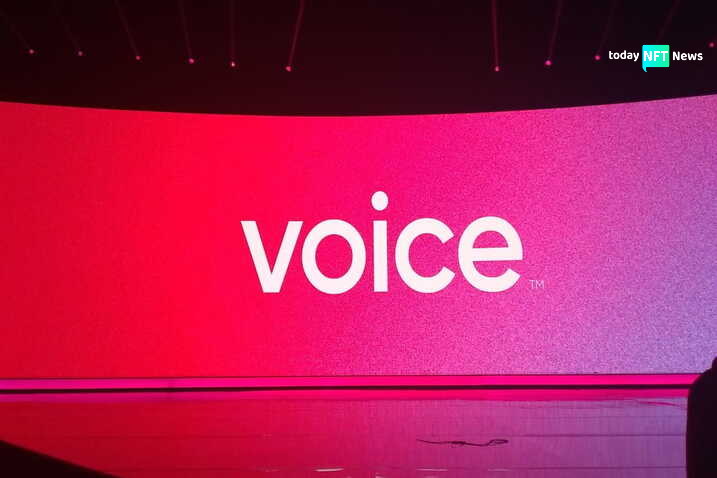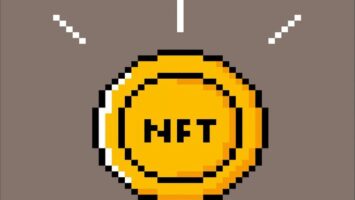SNEAK PEEK
- Voice is winding down after shifting from a social network to an NFT marketplace.
- Voice acknowledges regulatory challenges but believes in web3’s potential for creators.
- Voice plans to assist users in transferring NFTs to self-custody wallets.
Voice, the once-promising NFT platform that underwent a dramatic pivot from a decentralized social media network, has announced its decision to wind down operations. This move comes just two years after its transformation into an NFT marketplace, signaling the challenges that the crypto and NFT markets are currently facing.
The journey of Voice began in 2019 when Block.one, the company behind EOS, acquired the Voice.com domain for a hefty $30 million. Initially envisioned as a groundbreaking decentralized social media platform powered by blockchain technology, Voice aimed to disrupt the traditional social media landscape. However, in January 2021, co-founder Dan Larimer parted ways with Block.one, steering his focus toward different endeavors.
Today, we are sad to announce that we will be winding down operations at Voice over the coming months.
— Voice (@VoiceHQ) September 13, 2023
Voice’s shift towards NFTs was announced in 2022 by CEO Salah Zalatimo, who revealed plans to transform the platform into a hub for digital art creation, including NFTs. Despite Block.one’s substantial investment of $150 million, Voice struggled to establish itself as a significant player in the competitive NFT market, facing stiff competition from platforms like OpenSea and Rarible.
In a statement, Voice acknowledged the ongoing regulatory challenges within the crypto and NFT sectors but expressed its belief in the transformative potential of web3 for creators. While the company did not provide specific details regarding the wind-down process, it expressed a commitment to optimizing the transition for its community.
As part of its winding-down efforts, Voice intends to introduce a service that facilitates the transfer of NFTs from its platform to self-custody wallets compatible with popular public networks like Ethereum, Polygon, and EOS.
This development raises questions about the future of NFT platforms and the regulatory hurdles they must navigate. It also serves as a reminder of the evolving nature of the crypto space, where companies must adapt swiftly to changing circumstances or risk fading into obscurity.









